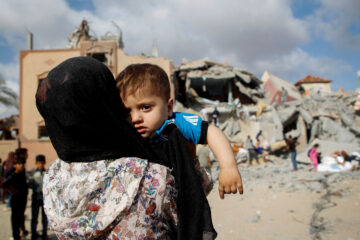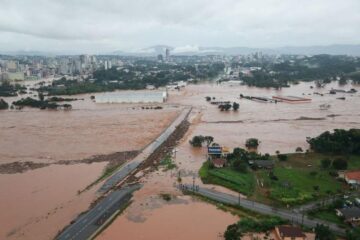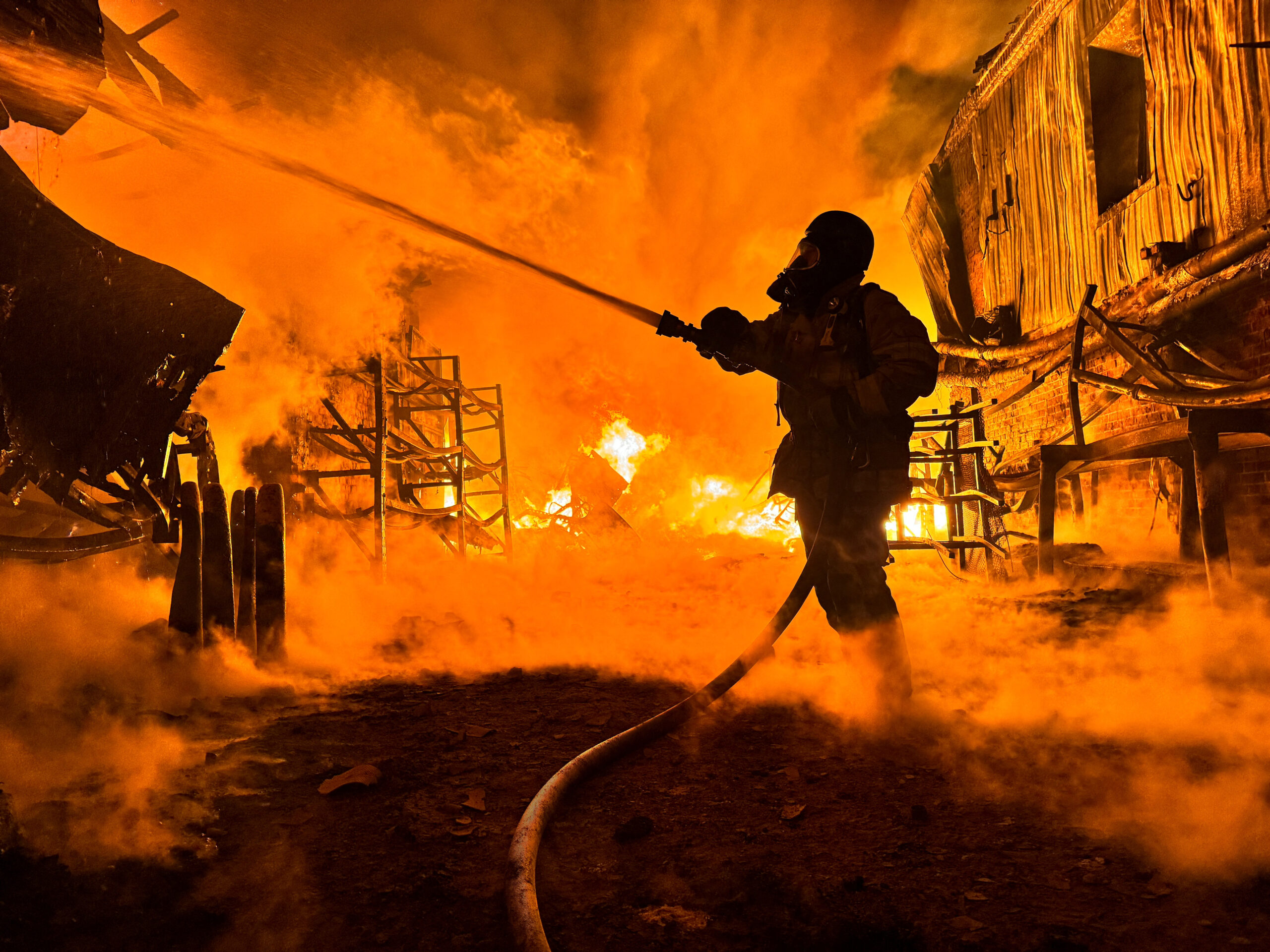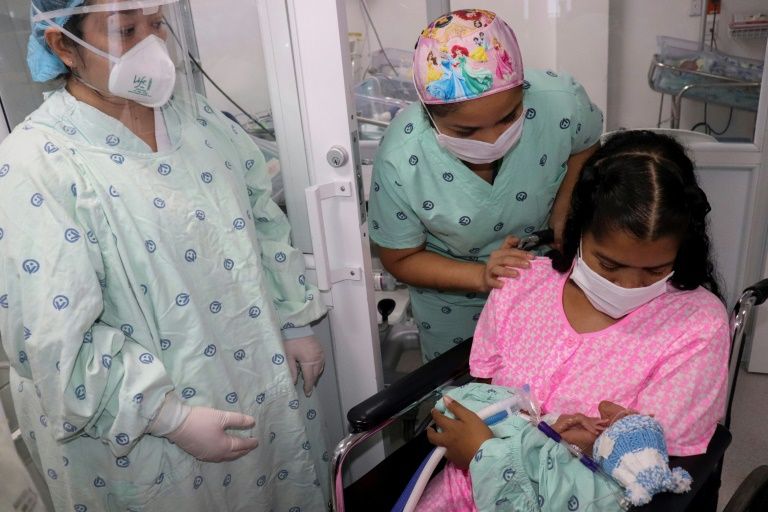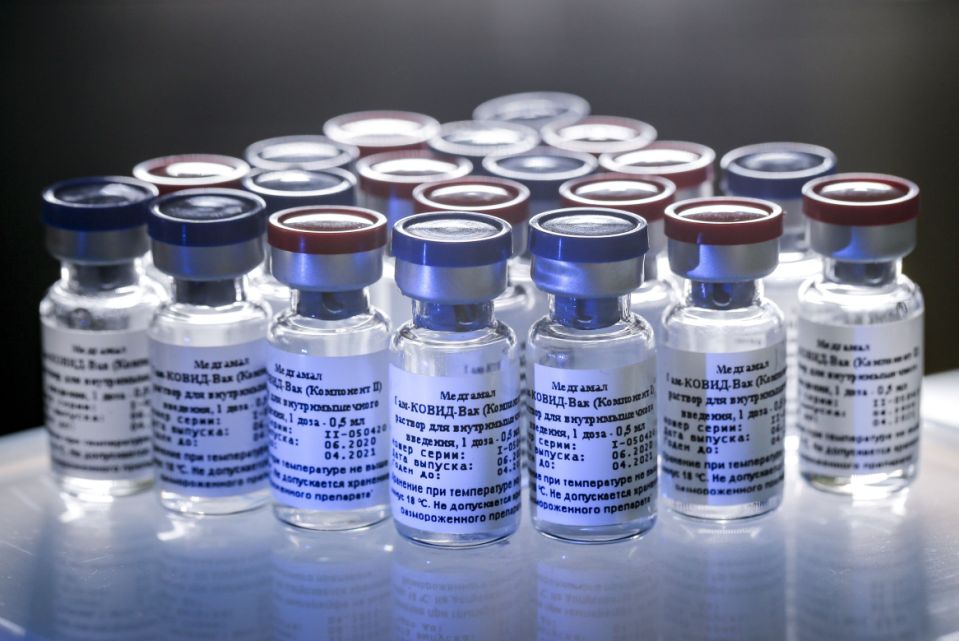Seven Ukraine troops die in mine blast, endangering truce
At least seven Ukranian soldiers died on Monday when their truck hit a mine not far from a town where a recent flareup in fighting with pro-Russian insurgents has imperilled the fate of a four-month truce.
Military spokesman Yevgen Silkin blamed the incident on the rebels, saying: "The roads in this area are mined by the enemy." He told AFP the device was planted outside Krasnogorivka — a 16,000-strong town lying 20 kilometres (12 miles) west of the militants\’ de facto capital Donetsk.
The rebels issued no immediate comment. They have accused Kiev of mine warfare in the past.
The latest bloodshed is likely to pile further pressure on Ukrainian President Petro Poroshenko to take more assertive military measures in the ex-Soviet state\’s shattered industrial heartland that could potentially lead to an all-out war.
The tenuous ceasefire that Germany and France helped forge in February was already endangered by last week\’s death of around 30 people in clashes around towns straddling the twisting line separating Ukraine\’s forces from the militants.
Kiev\’s rhetoric had already been running full throttle when Ukraine\’s defence minister accused the fighters of reinforcing their ranks with Russian military units and assembling an army sufficient for a "mid-sized European state".
Stepan Poltorak said the insurgents — in control of parts of Russian-speaking regions that are home to about four million people — could muster more than 550 tanks and an array of other heavy weapons.
"The combined size of the Russian armed forces (currently alleged to be in Ukraine) and illegal armed formations… stands at more than 42,500," Poltorak told a group of visiting lawmakers from NATO countries.
"This amount of weapons, as we all understand, would be sufficient for a mid-sized European state."
Poltorak\’s estimates fly in the face of Russia\’s denials that it either backs the separatist fighters or covertly sneaks troops across its southwestern border into the Ukrainian war zone.
Poroshenko last week put the number of active Russian soldiers in his former Soviet republic\’s industrial east at more than 9,000.
But President Vladimir Putin describes Russians fighting against Ukraine\’s pro-Western government troops as patriotic volunteers and off-duty soldiers who are answering "a call of the heart."
Moscow has also distanced itself from two captured Russians who have told both their interrogators and Western monitors that they were active members of the Kremlin\’s military reconnaissance force.
The international community had initially stopped short of accusing Putin of sending troops into Ukraine in what appears to be a bid to either break up the country or stamp out its budding alliance with the European Union and NATO.
Washington and Brussels imposed their heaviest sanctions on Moscow in response to its March 2014 annexation of Crimea. The eastern campaign led to those measures being toughened but never saw Russia accused of an outright "invasion".
The International Committee of the Red Cross also still formally calls the conflict a "civil war".
Yet the West\’s tone appears to have recently hardened.
NATO commanders and some EU leaders openly accuse Putin of sending out alarming war signals across eastern Europe.
US President Barack Obama used the high-profile stage of the G7 summit on Sunday to condemn "Russian aggression in Ukraine".
Leaders from the world\’s seven richest nations warned Moscow on Monday they had no plans to lift their sanctions until all points of the February agreements — including the withdrawal of "foreign armed formations" from the east — were fully enforced.
The seven added in a joint statement that they stood "ready to take further restrictive measures in order to increase cost on Russia should its actions so require."
And the US State Department last week noted the presence in Ukraine of "Russian-separatist" units — a term it had avoided using for months.
SOURCE: AFP
[do_widget_area inner_adsbar]

